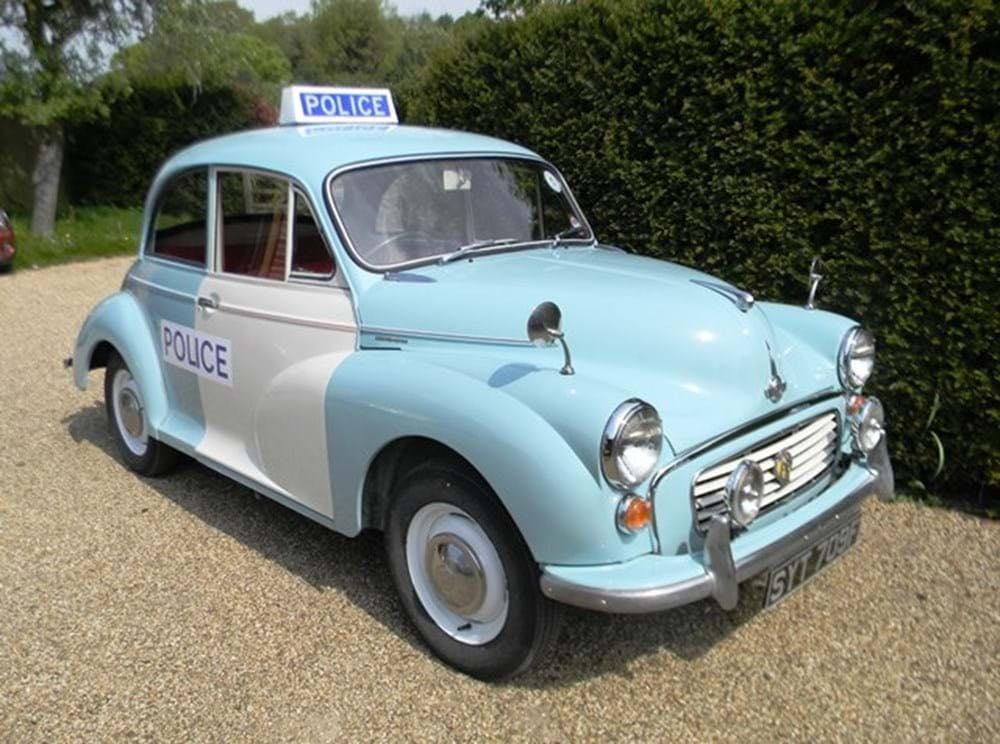Rolls-Royce Ghost

- Market Value: £80,000
- Loan Value: £50,000
Logbook Loans explained
Logbook Loans Review
Switch and Save
If you borrow £1,000 over 36 months at a flat rate of 84% per annum [fixed] with a Representative 204.2% APR you will make 36 monthly payments of £97.98, making a total amount repayable of £3,592.28 including £40.00 document fee and £25.00 Option To Purchase fee. The total charge for credit is £2,660.00. Logbook Loan repayment length from 18 to 60 months. The maximum APR is 389.1%.
Your log book loan is secured against the vehicle, and missing payments could put the car at risk of repossession.
Warning: Late repayment can cause you serious money problems. For help go to moneyhelper.org.uk




LoanOnYourCar.co.uk is a direct Logbook Loan lender, and we guarantee our best price when you apply direct. We don't appear on loan comparison sites.
The finance market is flooded with third-party finance brokers and comparison websites, all vying to sell you loans on behalf of their preferred lenders. These "finance brokers" claim to negotiate with all lenders on behalf of their clients without any cost, but the reality is quite different.
Engaging a third-party finance broker doesn't result in better loan offers or improved finance terms for you.
At LoanOnYourCar.co.uk, we take pride in being a verified 5-star Trustpilot lender with over 500 5-star reviews.
Explore the feedback from our genuine customers, covering aspects like our customer service, operational quality, professionalism of our staff, and the speed of our pay-outs. Your trust and satisfaction are our top priorities.
LoanOnYourCar.co.uk was the first lender in the United Kingdom to introduce the Hire Purchase Logbook Loan, which provided our clients with greater security. This introduction was to replace the unfair and outdated Bill of Sale Logbook Loans, which are still used by our competitors.
Moreover, the introduction of the new Hire Purchase Logbook Loans marked a pivotal moment for clients in Scotland, increasing our accessibility and expanding our reach throughout the United Kingdom. Previously prohibited under the Bill of Sale Logbook Loan system.
We operate as a online digital lender, and can complete and payout your loan in under 60 minutes, covering all regions of the United Kingdom, including Scotland, Northern Ireland, and Wales..
We provide the most transparent and fair Logbook Loan in the United Kingdom.
We allow our customers to settle their loans penalty-free at any time during the term, make overpayments, and pay reduced interest on the outstanding capital balance.

Hello readers! Your Logbook Loan guru here, delivering weekly guides and news. Join me to transform your car into cash and rev up your journey to financial freedom!

Hey there, folks! Paul Hilburn, the Logbook Loan Guru from LoanOnYourCar.co.uk…

Hey there, folks! Paul Hilburn, the Logbook Loan Guru from LoanOnYourCar.co.uk…

Hey there, folks! Paul Hilburn, the Logbook Loan Guru from LoanOnYourCar.co.uk…